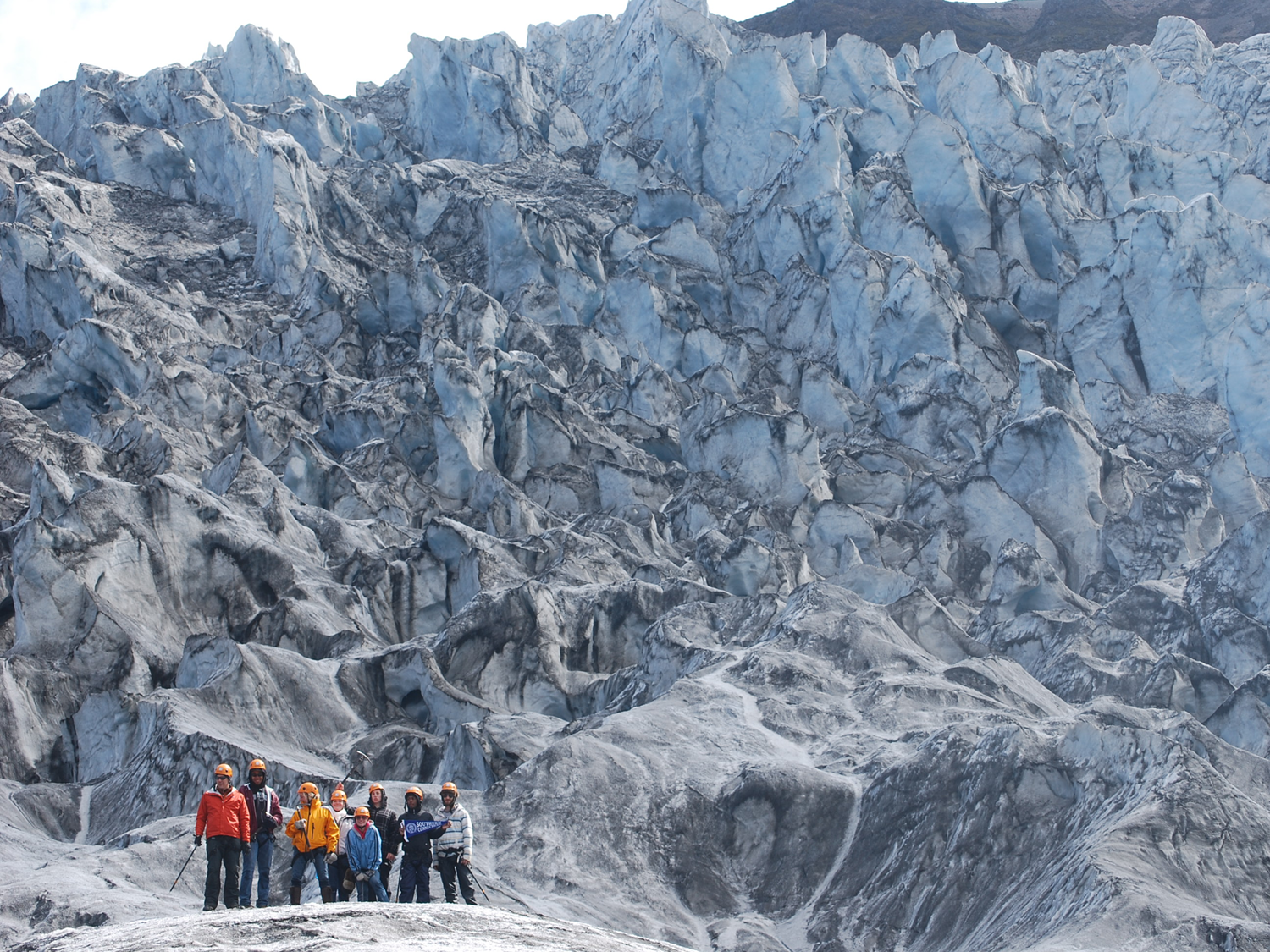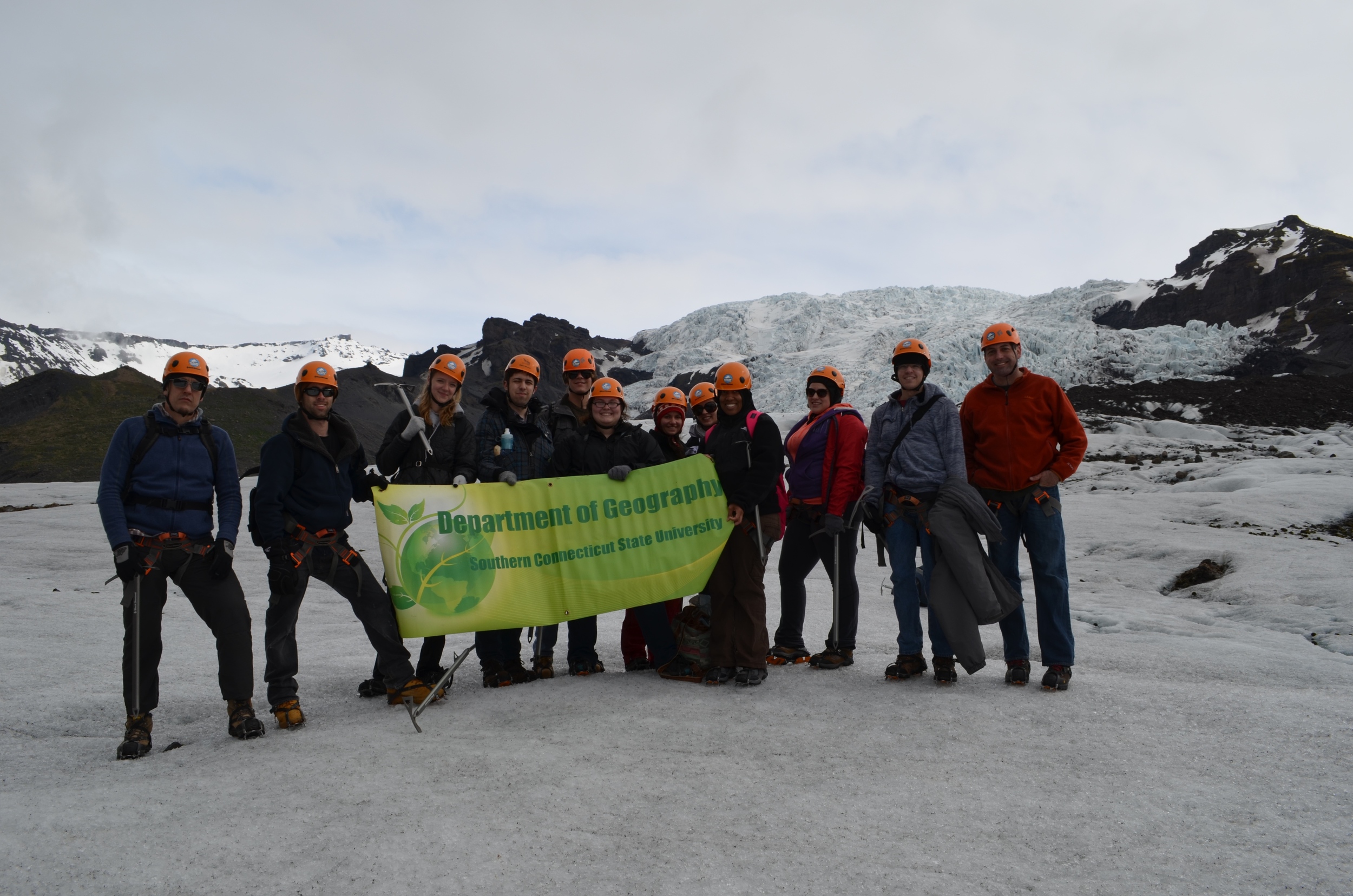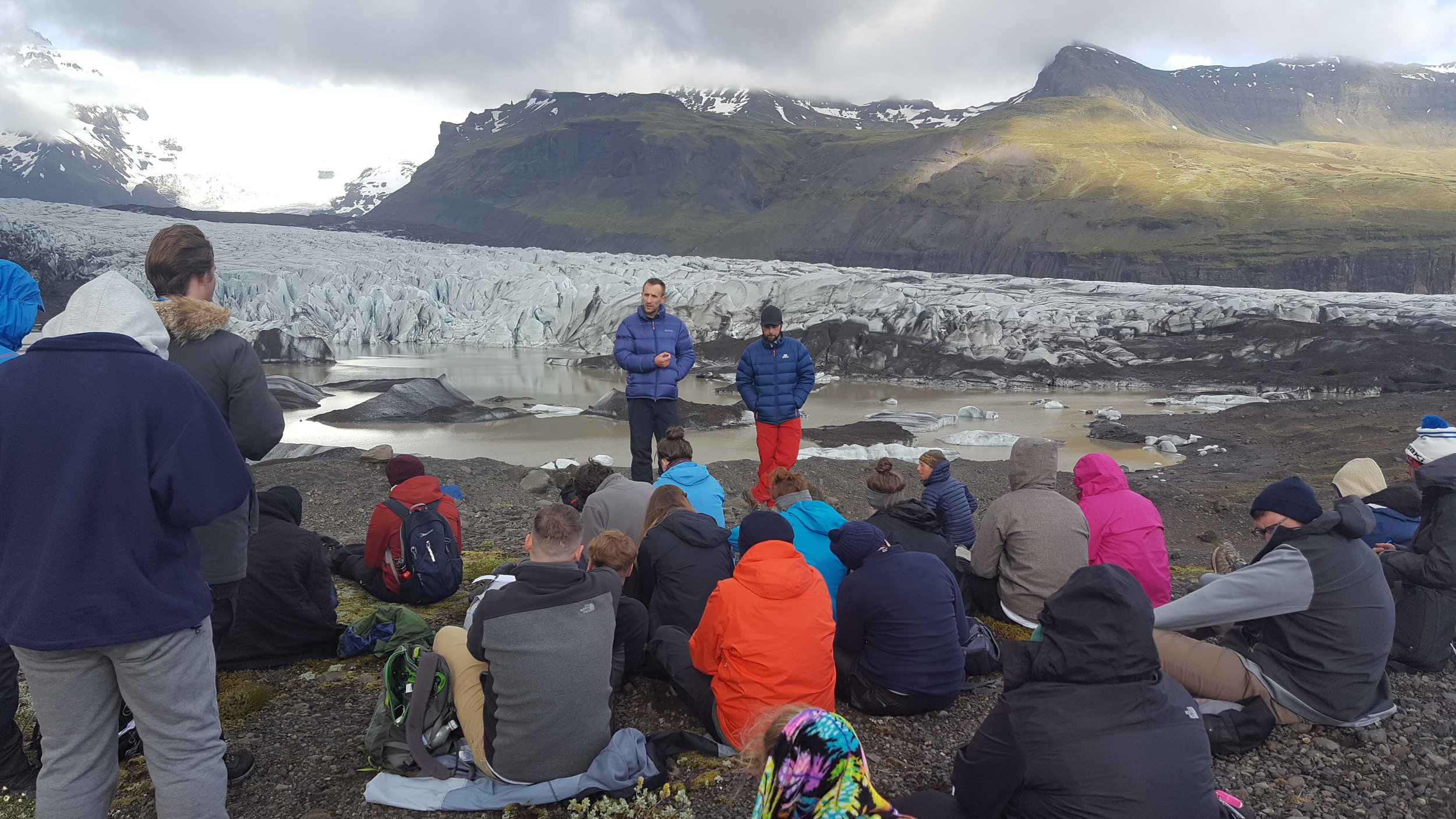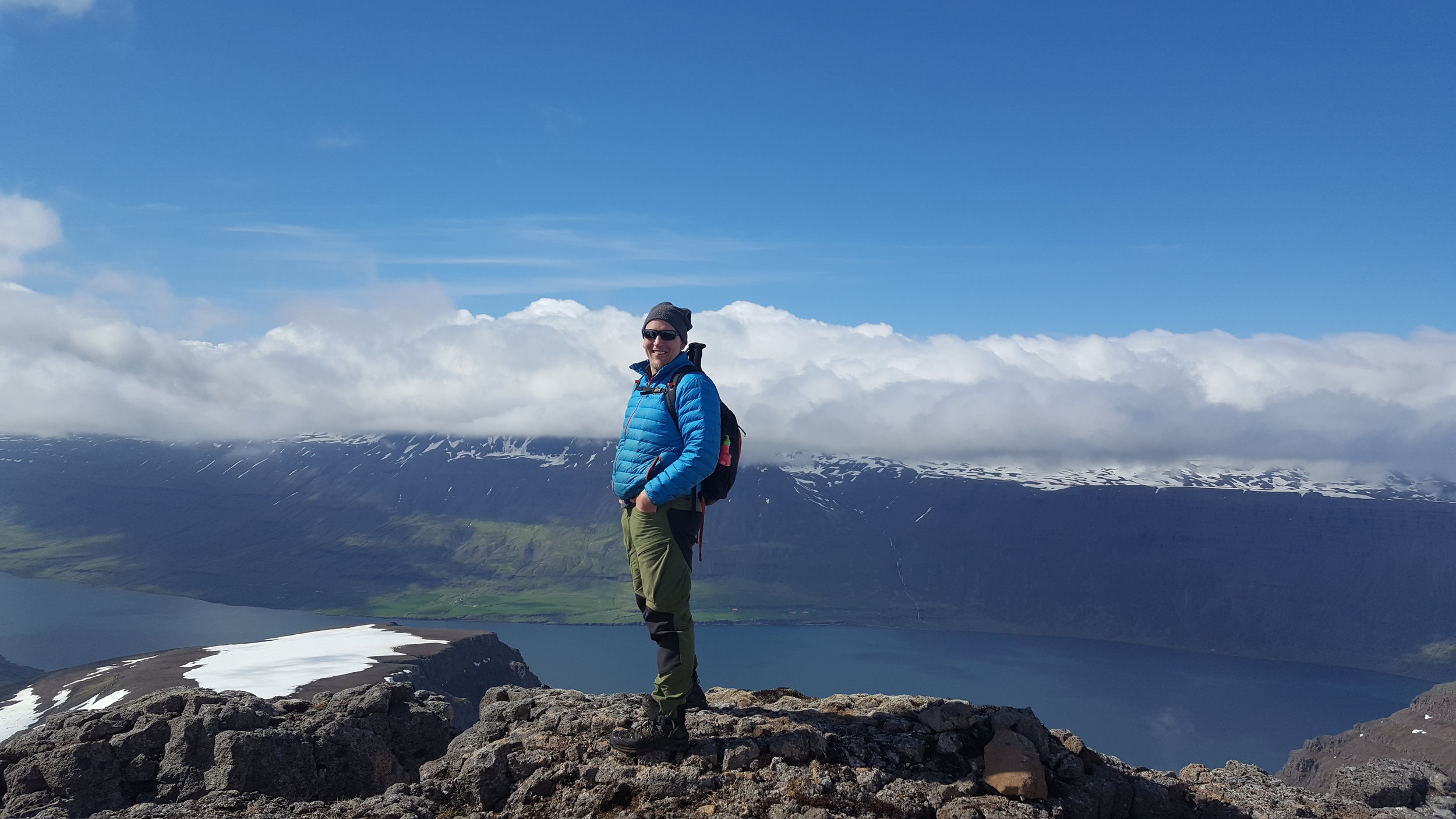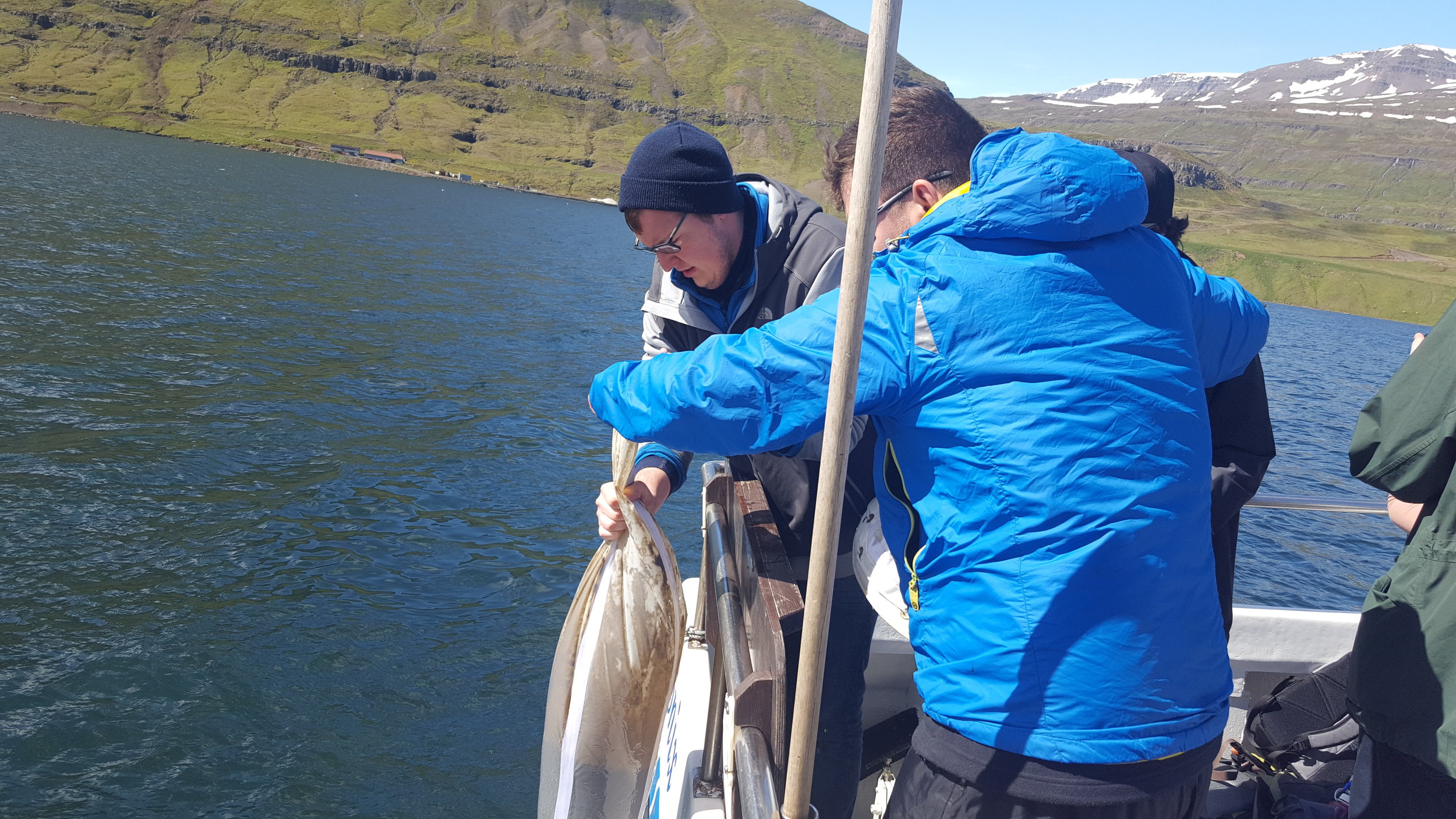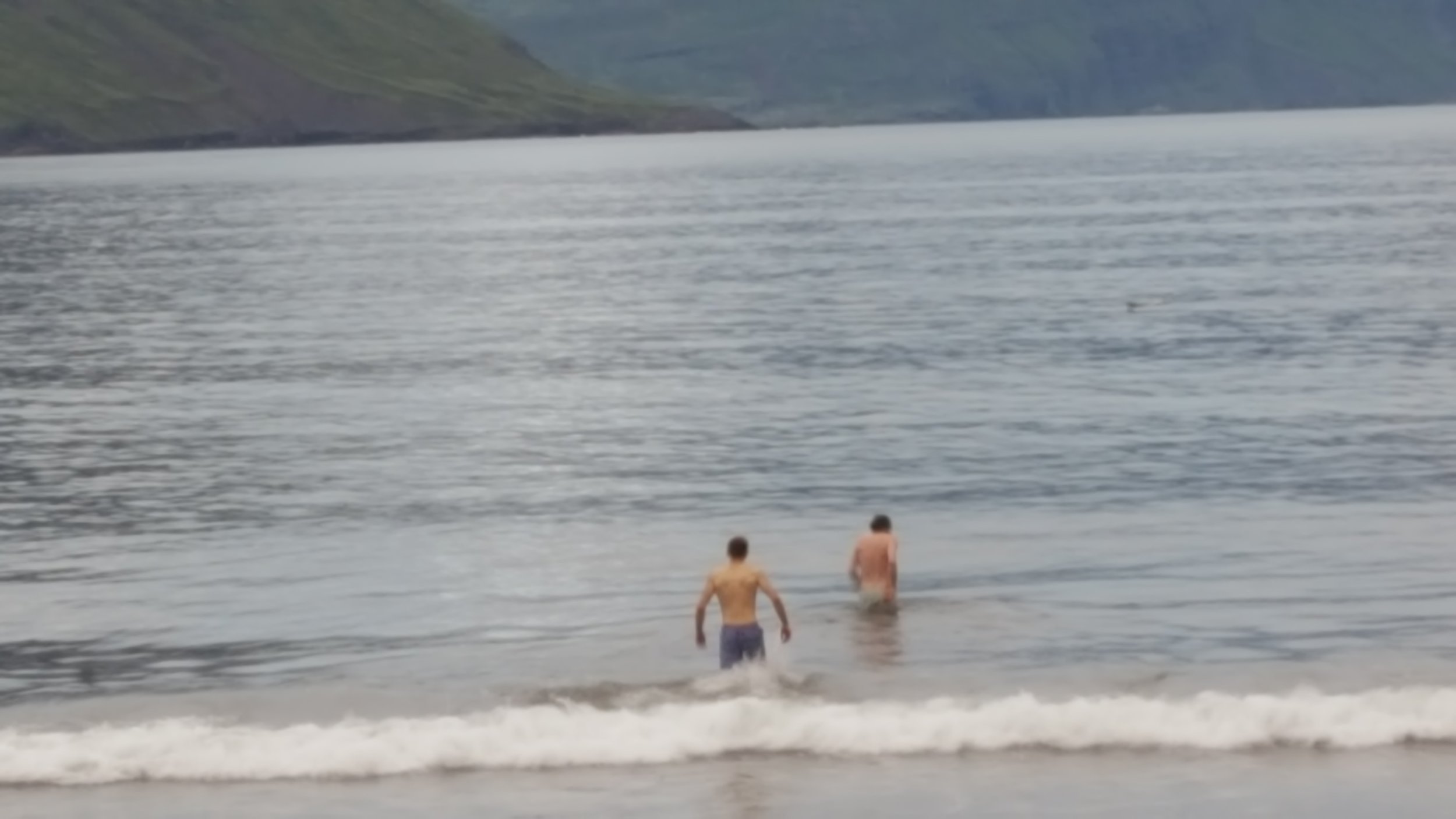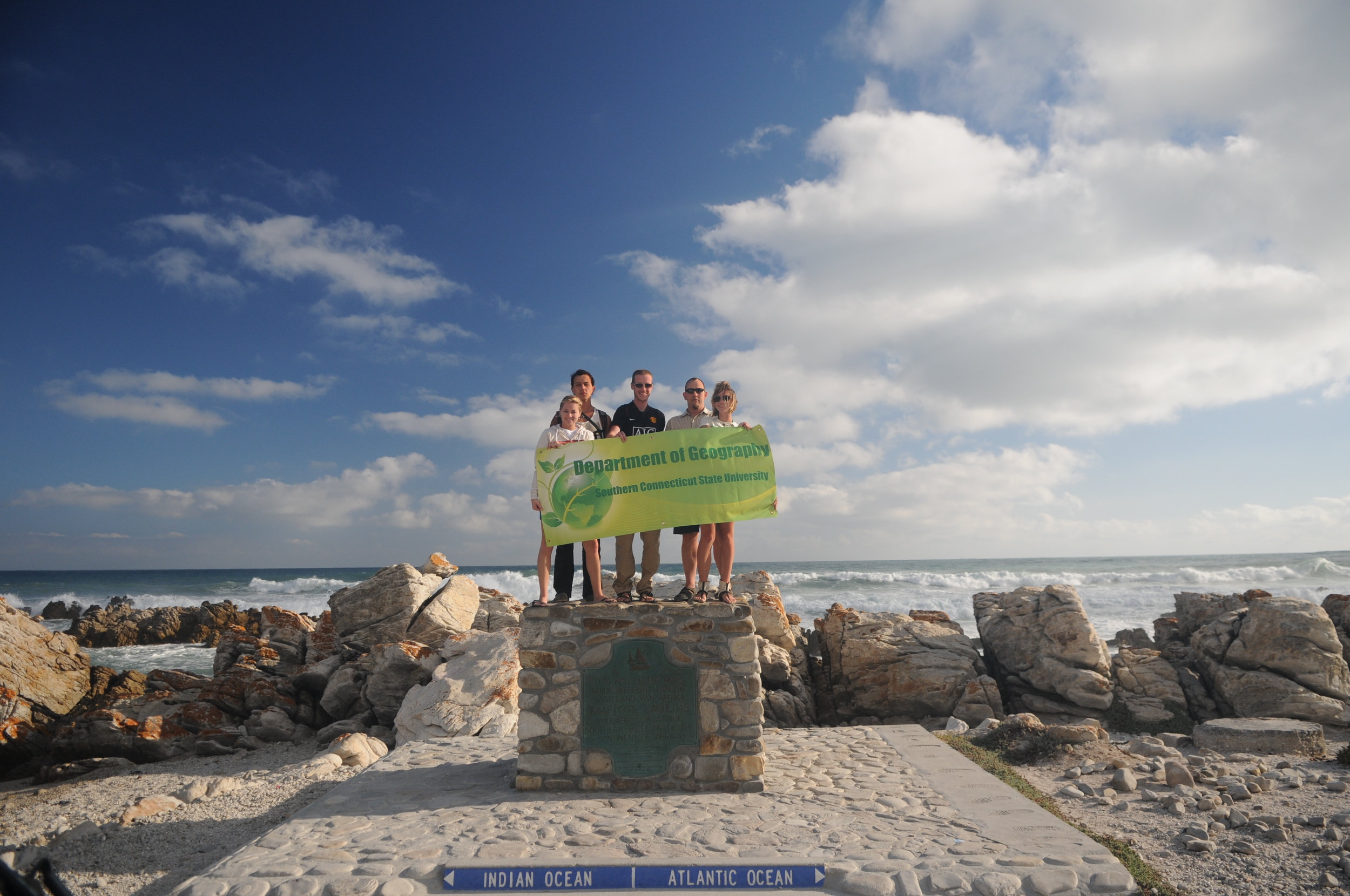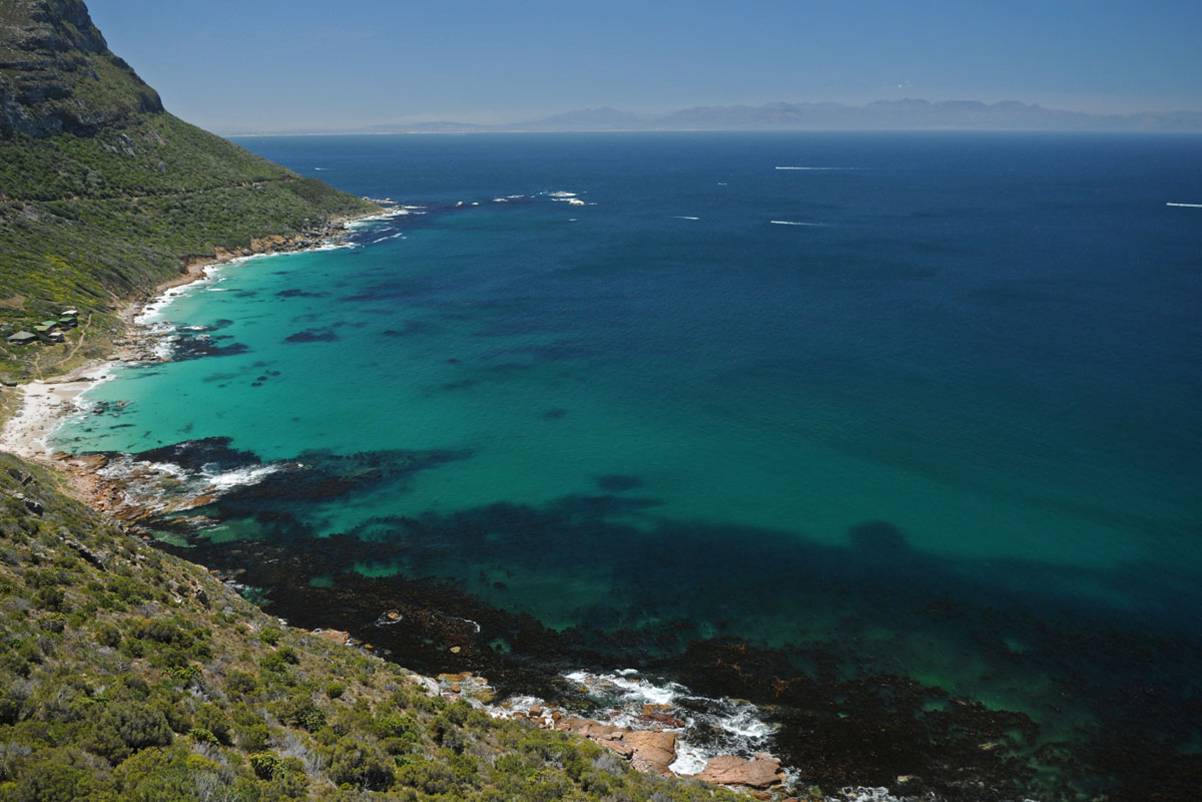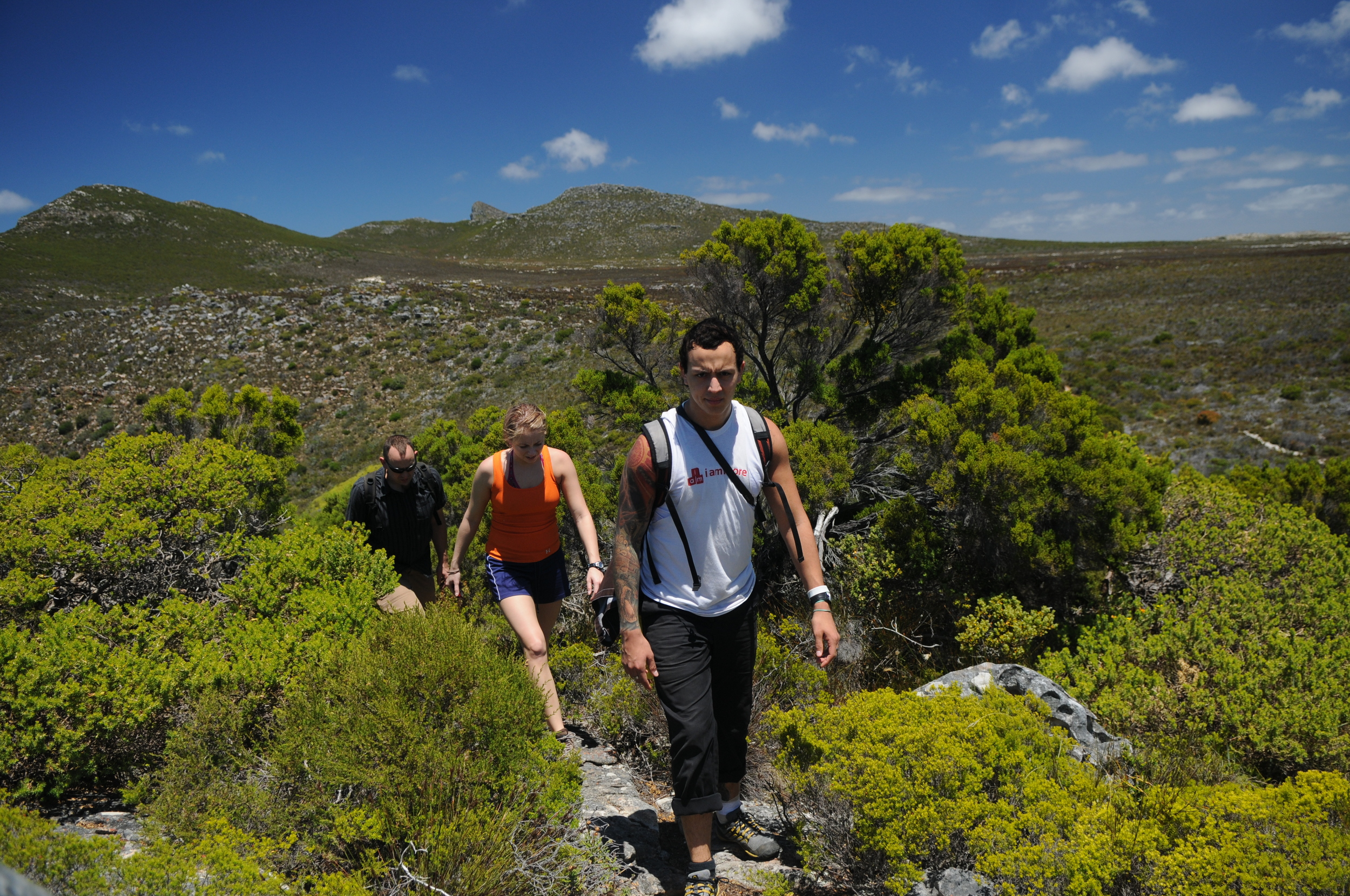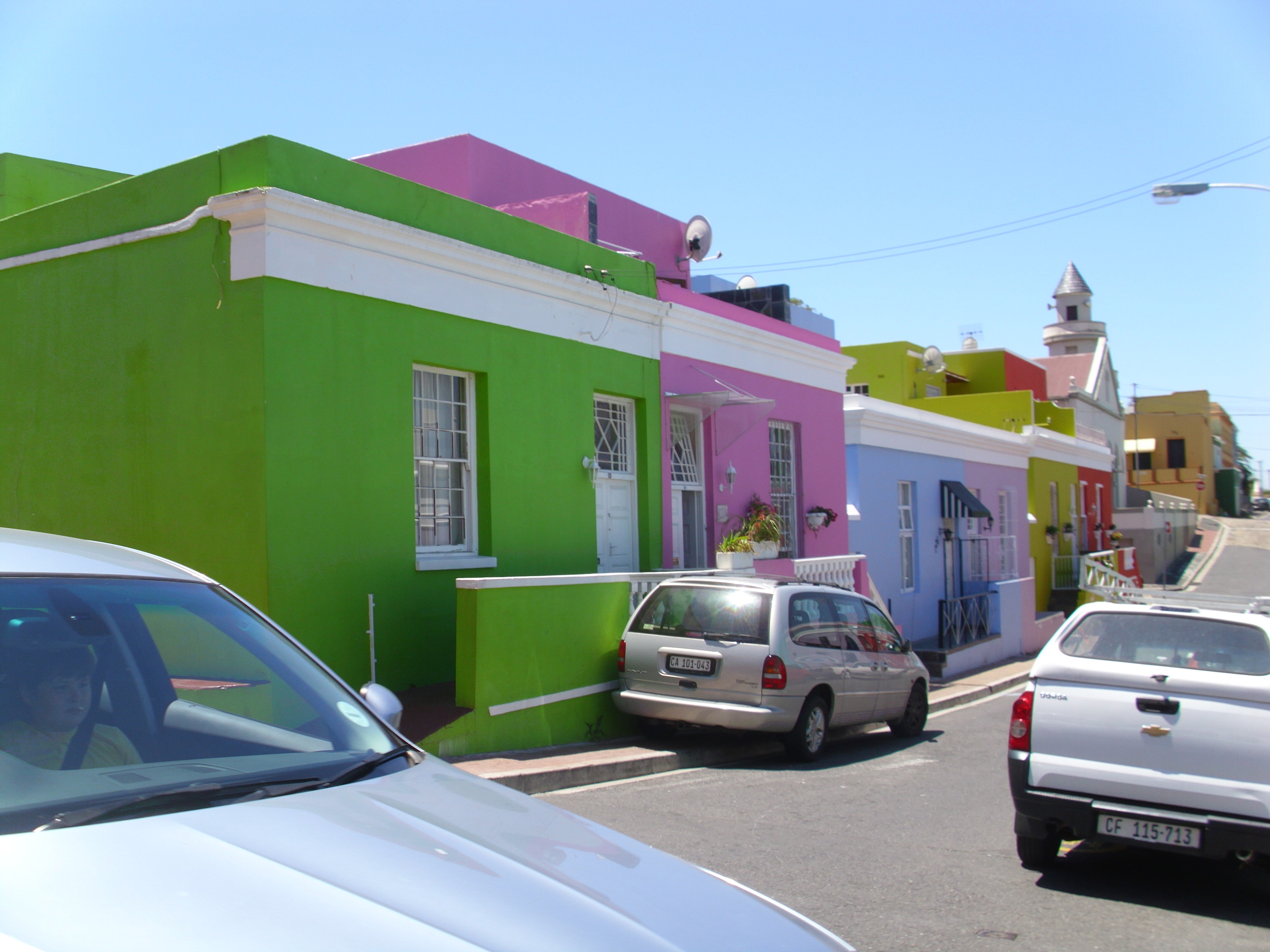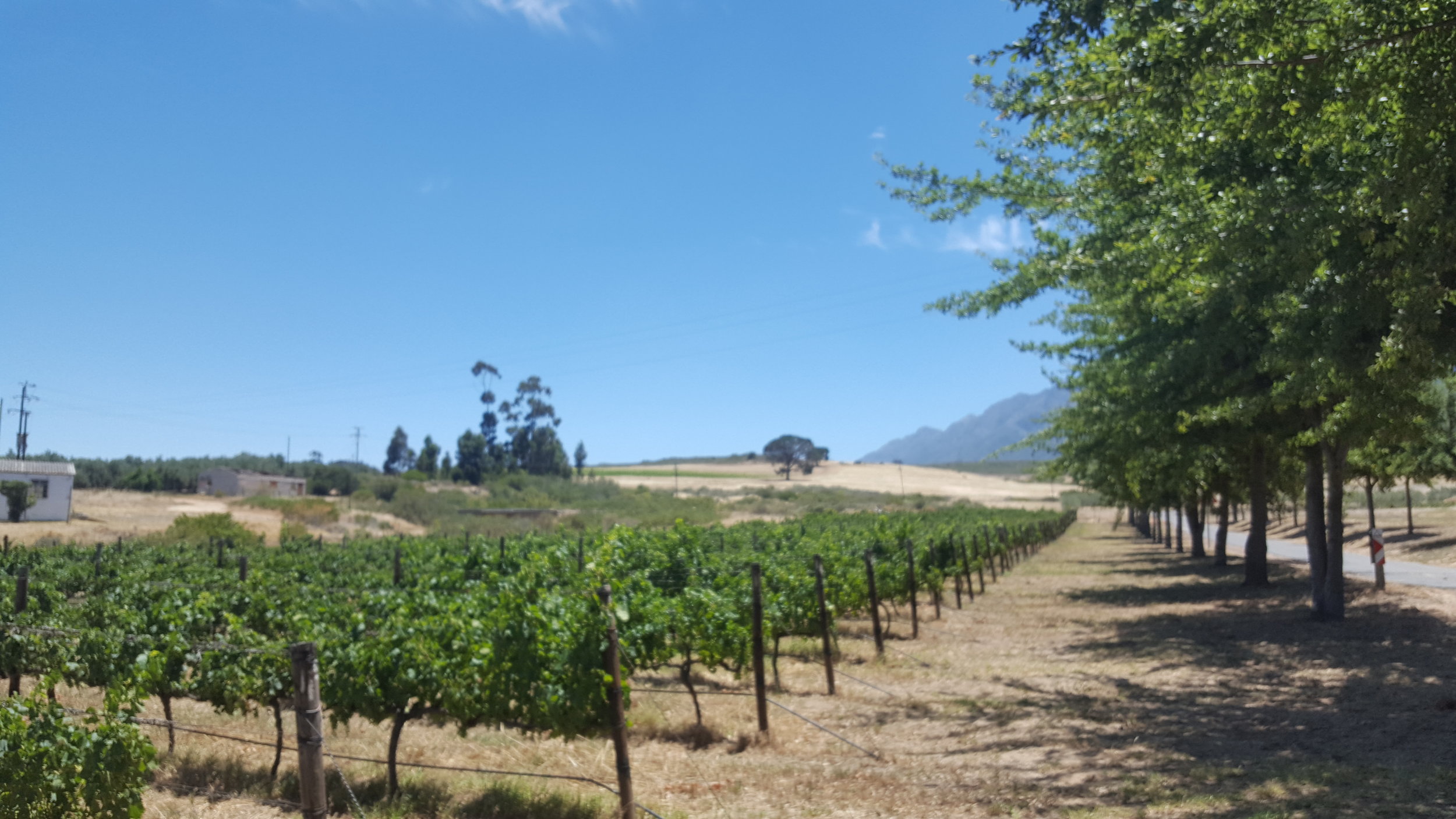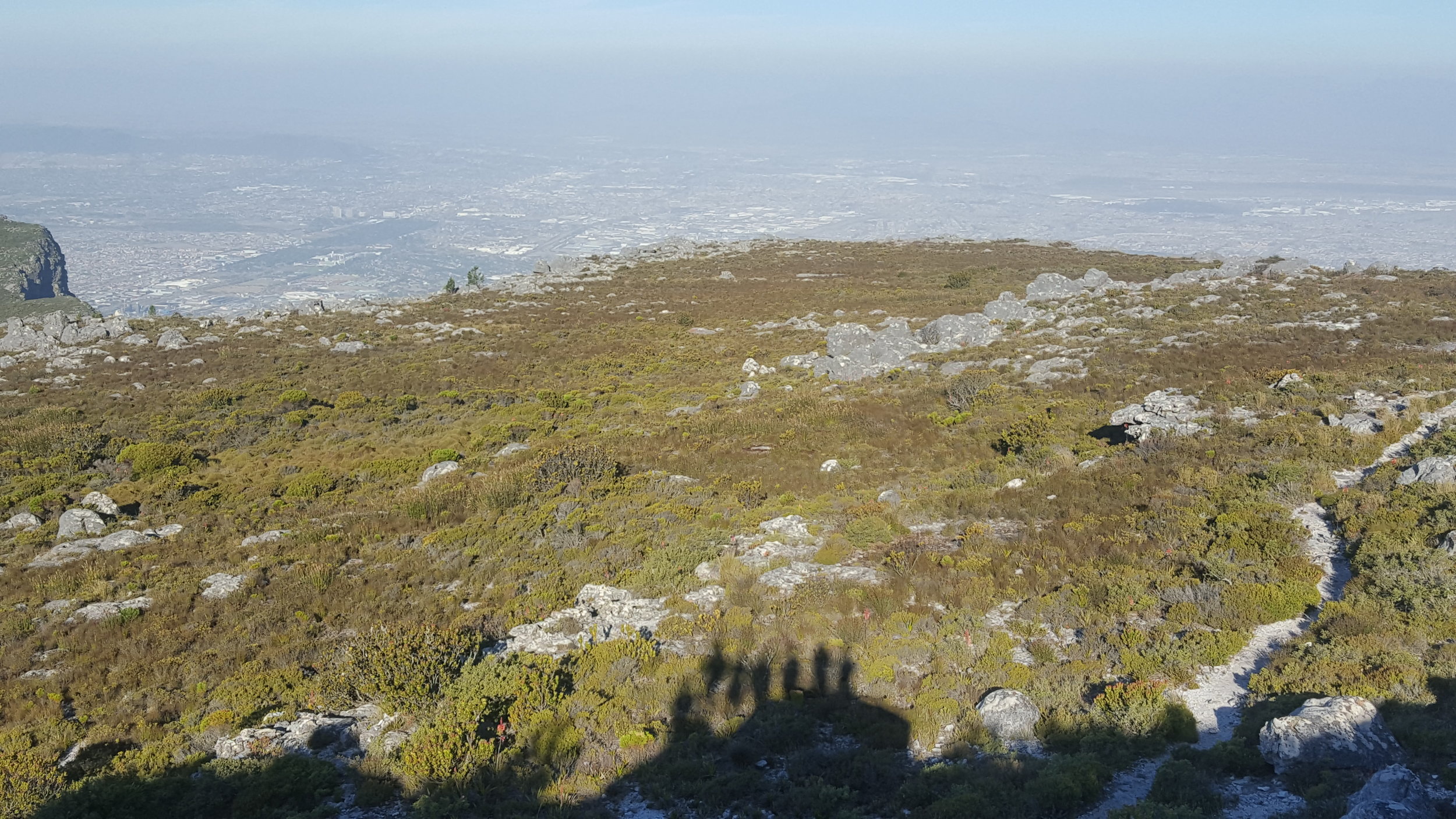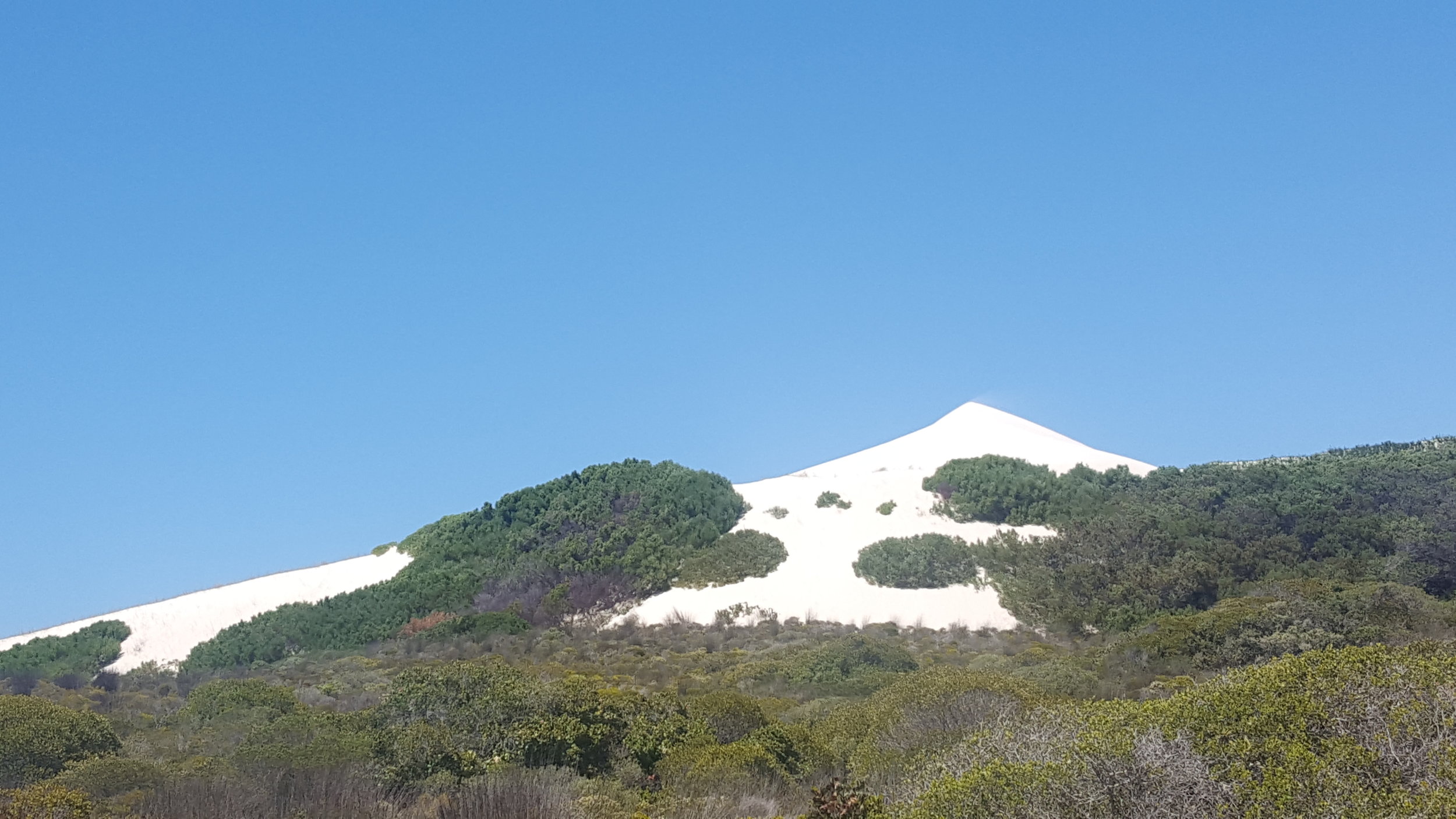STUDY ABROAD/INTERNATIONAL FIELD STUDY
International fieldwork is an exciting and long-established tradition in the discipline of geography and gives students the chance to put academic theory into practice and develop project formulation, problem-solving and evaluation skills in an overseas location. Many trips are experiences students will remember for the rest of their lives.
I direct a summer-session study abroad program to Iceland and a winter-session study abroad program to South Africa. For more information, please scroll down and/or contact me at:
ICELAND
Summer 2010, 2011, 2012, 2013, 2014, 2015, 2016, 2017, 2018, 2019, 2022, 2023.
Environment & Economy in Iceland
The focus of the Summer Study Abroad program to Iceland is to engage students to study firsthand—through applied field science—the interrelationships between the economy and the environment. Iceland is a unique setting for such an endeavor in that it is one of the world’s leaders in innovative energy practices and policies all while also being primarily a resource-based economy. The program incorporates the practice of geographical fieldwork in group-based and individual research projects.
After successful completion of this field experience, students will have developed a detailed knowledge and understanding of the social and environmental factors, which continue to influence the development of Icelandic society. Students will be able to consider the specific social and environmental issues in the Icelandic context, but will also be able to apply this knowledge to assess nature-society relations in other contexts. Students will have developed transferable skills of team working, project design, and implementation.
During the program, students will enroll in the following two courses, which are both electives in the geography major/minor at SCSU. One of the courses is offered as a writing-intensive (w) course—enabling students to fulfill a 'w' requirement linked to an international field experience.
GEO 470 Field Techniques (or GEO 570 for graduate students)
The course involves field study in Iceland. Areas are visited and mapped, and techniques of field research are studied dealing with the physical and human aspects of the environment. [3 credits]
GEO 305w Environmental Economic Geography (or ENV 533 for graduate students)
Theory and applications of economic geography to environmental issues. The course outlines four core themes, which all contribute to the understanding of sustainable economic geographies and the roots and compass of environmental economic geography. The four themes are ecological modernization, natural resources, institutions and environmental governance, and globalization and sustainability. [3 credits]
SOUTH AFRICA
Winter 2011, 2013, 2016, 2017, 2018, 2019, 2022, 2023.
Environmental Justice and Sustainability in South Africa's Western Cape Province
The focus of the program to is to engage students firsthand in the study and analysis of current environmental justice and sustainability issues in South Africa’s Western Cape Province.
Students will be exposed to environmental justice issues and sustainable development initiatives in a variety of environments from the semi-arid Little Karoo Desert to the metropolis of Cape Town. The substantial variety of environments in a rather small geographic area makes the proposed program ideal for a short-term study abroad program.
After successful completion of the program, students will have developed detailed knowledge and understanding of the social, economic, political and environmental factors that need to be considered when analyzing land use conflicts, sustainable development initiatives and social and environmental justice. Students will be able to consider these factors in the context of South Africa’s Western Cape Province, but will also learn to transfer their gained knowledge to other regional contexts.
During the study abroad experience, students will enroll in:
GEO 405—Environmental Justice
Examination of the role of social inequalities, particularly those of class and race, and the dissemination of environmental risks in societies at different geographic scales. Also includes study of legal solutions and public policy measures that address environmental injustices. [3 credits]
